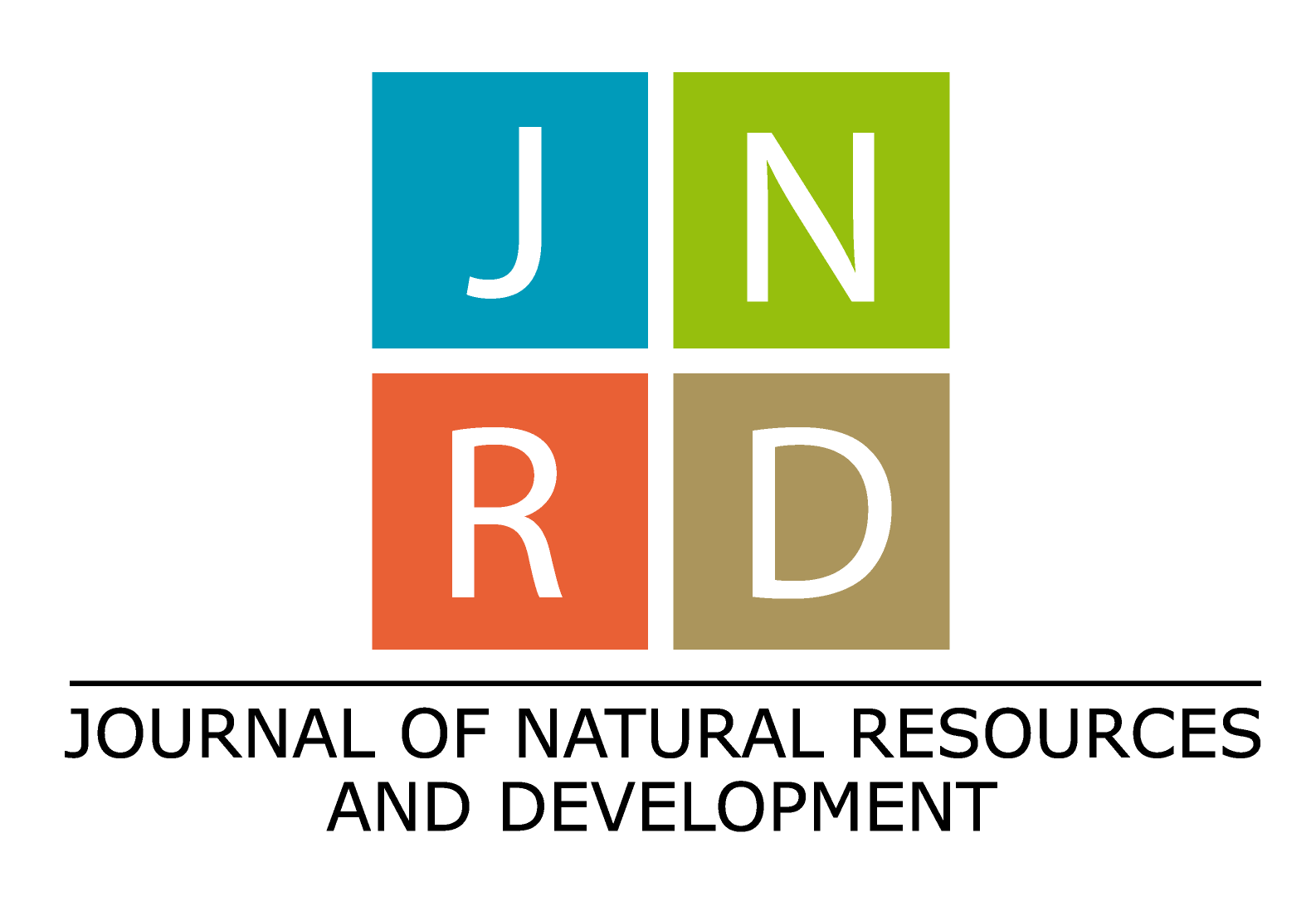Land Access, Livelihood Strategies and Rural Household Well-being in Mvomero District, Tanzania
Main Article Content
Abstract
Understanding the influence of specific livelihood variables on a household’s well-being provides a crucial basis for effective focus of poverty intervention, and consequently wiser resource allocation. This paper analyses the influence of land access, livelihood strategies (LS) and selected demographic characteristics on household well-being status (HWBS) in Mvomero District, Tanzania. The study adopted a cross-sectional research design whereby quantitative data were collected once from 267 randomly selected households in 8 villages. Data analysis was done using SPSS. Unlike the hypothesis, multinomial logistic regression results demonstrated that per capita land size and location have a positive significant influence (p < 0.05) on HWBS. Likewise, unlike the hypothesis, three more variables including exclusive farming, number of dependents and distance to farms were confirmed to have a negative significant influence (p < 0.05) on well-being. It is concluded that though per capita land size has a positive influence on HWBS, expanding farms through adding plots and distant farming hinders the attainment of well-being. Moreover, households with many dependents and those working in exclusive farming are disadvantaged in the attainment of well-being. There is therefore room to enhance progress in attainment of well-being through reducing the distance to farms and promoting diversification of livelihood strategies. The Tanzania government is advised to support distant farmers with settlements in their destinations. The government and other development agencies are also advised to enhance the capacity of the studied communities and dwellers of other rural land scarce areas in Tanzania for a meaningful diversification of livelihood strategies. This can be through supporting them to gain education and labor skills and also to engage in saving and credits projects. To be inclusive the strategies may pay special attention to households with a large number of dependents.
Article Details
Issue
Section

This work is licensed under a Creative Commons Attribution-NonCommercial-NoDerivatives 4.0 International License.

